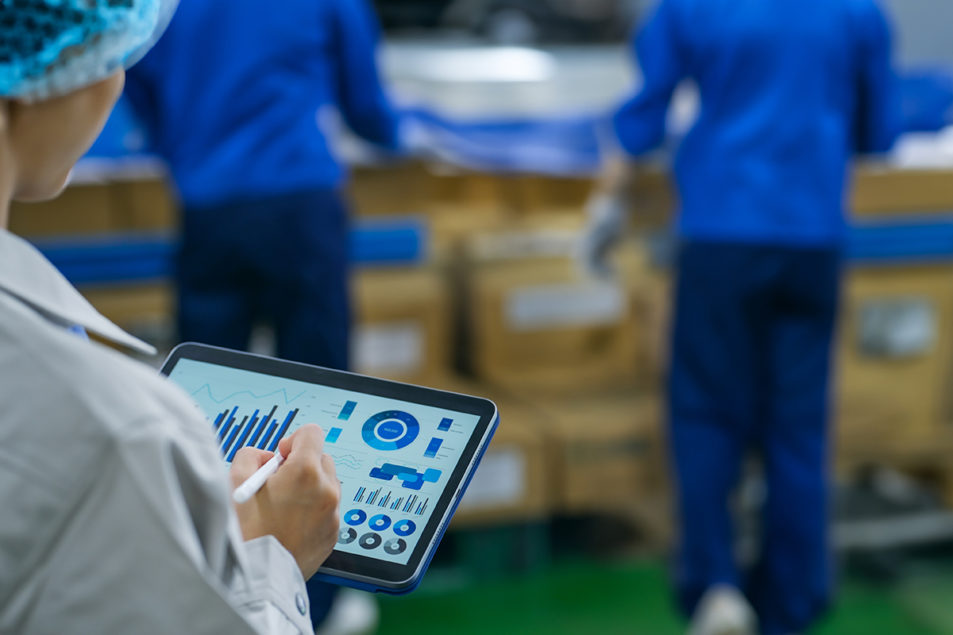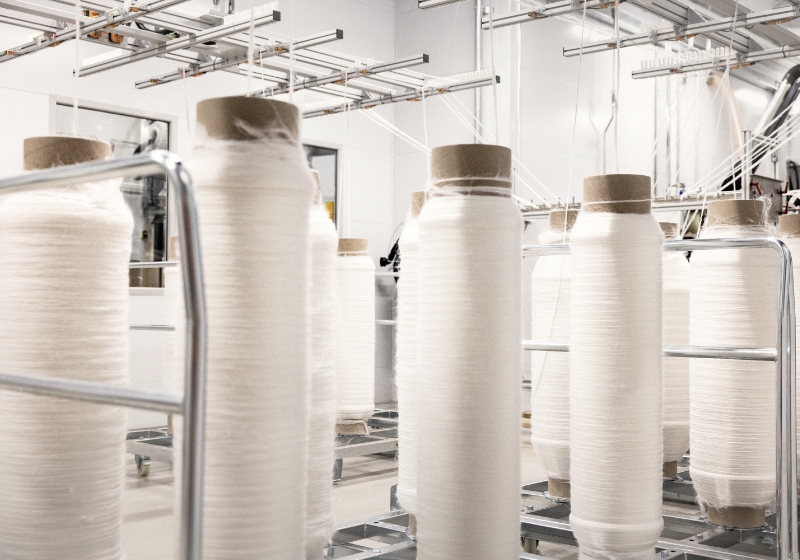Supermarket operators face a significant challenge in complying with FSMA Section 204 due to the complexity of their supply chains. With multiple suppliers, distributors, and transportation partners involved, tracking the movement of food products from farm to shelf can be overwhelming. To address this challenge, many supermarkets are investing in advanced technology solutions such as digital record-keeping systems and blockchain technology.
Blockchain technology provides another level of transparency and traceability to the food supply chain by recording transactions securely and transparently. This allows stakeholders to track food products accurately from farm to fork, facilitating targeted recalls and protecting public health. According to Andrew Kennedy, principal traceability advisor for iFoodDS, supermarkets are adopting various technologies to comply with FSMA 204. Some supermarkets are implementing new software applications specifically designed for capturing and sharing FSMA 204 data during essential tracking events like shipping, receiving, and transformation.
Digital record-keeping systems allow supermarkets to maintain detailed records of all food-related activities, from sourcing to transportation. These systems capture real-time data, ensuring that critical information is easily accessible in case of a food safety issue or regulatory inspection. Additionally, digital records are more reliable and secure, reducing the risk of errors or tampering. IoT devices are also gaining popularity in the food retail sector for capturing FSMA 204 data as well as other critical data such as temperature and humidity.
Supermarket operators must remain vigilant in complying with FSMA Section 204’s requirements while navigating complex supply chains. The use of advanced technology solutions such as digital record-keeping systems and blockchain technology can help streamline operations while ensuring compliance with regulations. As technology continues to evolve in the food retail industry, we can expect more innovative solutions that enhance transparency and traceability in the supply chain.



